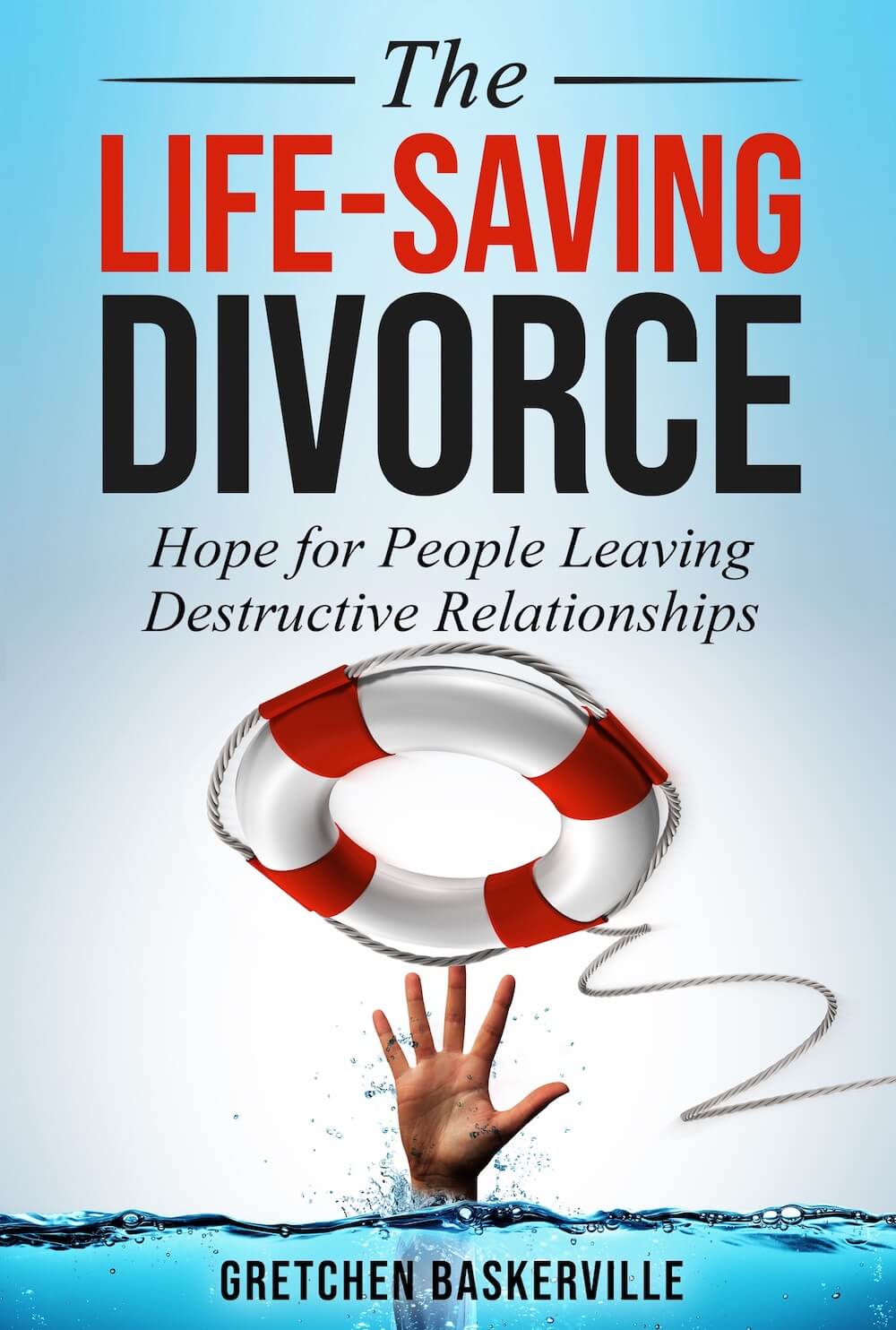Does Jesus’ command to “love my enemy” mean I cannot divorce my abusive spouse?
Recently a woman sent me a Tim Challies article about loving your enemy, and applying that to marriage, saying you must love your spouse selflessly, not expecting the same in return.
This dear wife was confused. She’s in a terribly abusive marriage to a man who identifies himself as a Christian and talks a lot about God and the Bible. But he treats her as the enemy. He isn’t selfless. He doesn’t have her best interests at heart. He lies, rages, and exploits her loving trusting nature over and over. It’s a one-way street where he’s the taker and she is the giver. Although he made promises in public, in the form of vows, to love and care for her as he does himself, he doesn’t invest to make this marriage safe and loving.
What is she to do? Does “love your enemy” mean you have to silently put up with any treatment, completely unable to protect yourself? Do Jesus’ words mean you should allow your enemies to run you over with their car, beat you, burglarize your home, and forge your name on checks? No, of course not.
I do believe Jesus has called us to love our enemies and pray for them, and at the same time we can—
-
- Refuse to ever trust them again
- Refuse to work for them
- Refuse to have a friendship
- Refuse to go on vacation with them again
- Refuse to lend them money
- Refuse to live in the same house with them.
- Refuse to be married to them.
In these verses, “love” simply means “not getting revenge” and “not taking an eye for an eye,” and “making sure they are treated fairly in a court of law.” It doesn’t mean we have to trust them, admire them, or spend one minute of our time with them. It doesn’t mean we have to let them threaten our children, ourselves, or our pets. It doesn’t mean we turn a blind eye to their affairs, or ignore marriage-endangering sin.
Can you imagine a wedding where only one person makes vows? The young bride publicly promises to love, honor, cherish and be faithful, and the husband say “Yes, I accept your offer,” and doesn’t make the same vows in return? What sensible woman would ever marry in those circumstances? That’s not a marriage! It may be indentured servitude, but it isn’t a marriage.
If you have religious leaders in your life who use Jesus words to pressure you to stay bound to a person with a long pattern of destructive behavior, you may need to switch churches.
2 Bible Passages that Say “Run! Get Away from Destructive People”
1. Let’s look at another Bible verse: 1 Corinthians 5:11 says we need to get away from people who are substance abusers, sexually immoral, mean, financial abusers, cheaters, selfish, etc.
“But now I am writing to you that you must not associate with anyone who claims to be a brother or sister[a] but is sexually immoral or greedy, an idolater or slanderer, a drunkard or swindler. Do not even eat with such people.”
So we don’t hate them, but we do get far far away from them. Don’t eat with them. Don’t associate with them.
2. Same message is in 2 Timothy 3:1-5: Have nothing to do with treacherous people.
“But mark this: There will be terrible times in the last days. People will be lovers of themselves, lovers of money, boastful, proud, abusive, disobedient to their parents, ungrateful, unholy, without love, unforgiving, slanderous, without self-control, brutal, not lovers of the good, treacherous, rash, conceited, lovers of pleasure rather than lovers of God—having a form of godliness but denying its power. Have nothing to do with such people.” (NIV)
We don’t hate them, but we are to have nothing to do with such people.
These verses also imply that an abuser can be a believer. They may love to go to church, lead Bible studies, and talk about God and the Bible all day long, but be truly dangerous—abusive—in their behavior. We are called to have nothing to do with them. We don’t hate them, we just get away from them and protect ourselves.
I don’t hate my ex-husband. I care what happens to him. I treated him fairly when we divided the assets. I sacrificed over and beyond the call of duty to make sure he had his fair share of time with the kids. But even though he was in the middle of teaching an 8-week seminar at our church, I still filed for divorce and asked him to leave. That’s not hating him, that’s setting a boundary about his sexual immorality and saying “No more.” It’s protecting myself and my kids.
You can love your abusive or unfaithful spouse, as evidenced by treating that person fairly,and still get away from them…and divorce them for good.
Popular posts:
One Woman’s Story: Adultery, Prayer, and the Bible
The Bible Doesn’t Say “God hates Divorce”—it’s not in the Hebrew text
Bible verses that condone divorce for serious reasons, including mental abuse.
The 27 myths of divorce that aren’t likely true for godly Christians.
“He Never Hit Me”: Interview with a woman whose husband emotionally abused and neglected her
10 Turning Points: What is the “Last Straw” for Most Devout Christians. See One, Two, Three.
Children and Divorce: Why life-saving divorce is very good for children
How do I start dating again? I worry I’ll never find anyone.
Examples of 150 examples of types of abuse (physical, emotional, sexual, financial, and neglect) and explaining the term “gaslighting,” along with many first-person stories, read Chapter 4 in the Life-Saving Divorce.
For a diagram of the Duluth Wheel of Power and Control and The Abuse Cycle, read Chapter 4.
For more on the myths of divorce, buy the Life-Saving Divorce.
As an Amazon Associate I earn from qualifying purchases.



 :
:
 Buy PDF
Buy PDF